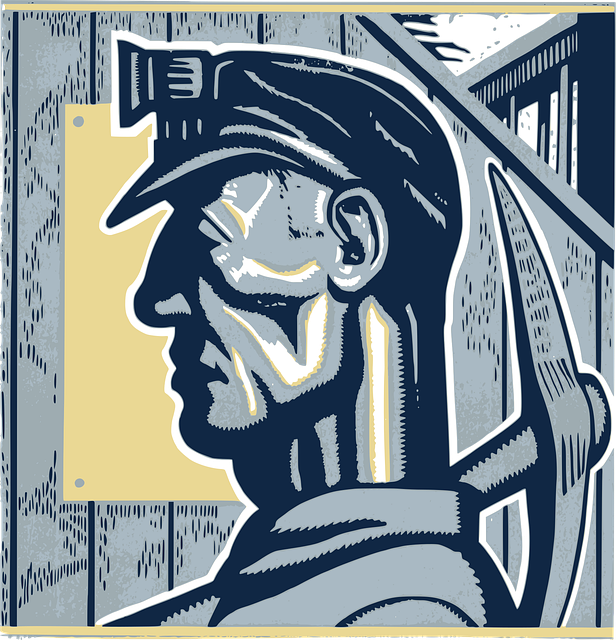Child welfare attorneys in Oregon play a pivotal role in protecting vulnerable youth through robust legal frameworks, such as the Oregon Children's Code. They collaborate with professionals across disciplines to ensure holistic care, advocate for children's rights, and navigate complex cases effectively. This collaborative approach, emphasizing comprehensive case management, fosters positive outcomes for at-risk youth and their families within the Oregon child welfare system.
In Oregon, the well-being of vulnerable children is paramount, and the role of child welfare attorneys is pivotal in ensuring their protection under the law. This overview delves into the collaborative ecosystem between Oregon’s child welfare agencies and legal professionals, highlighting their joint efforts to manage cases effectively. From the legal framework governing child welfare to advocacy for at-risk youth, this article explores how partnerships enhance outcomes for children. By examining case management strategies and the impact of collaboration, we underscore the significance of Oregon’s comprehensive approach to child protection.
- Oregon's Child Welfare Legal Framework
- Role of Attorneys in Protection
- Collaboration Between Agencies and Lawyers
- Case Management: A Joint Approach
- Advocacy for Vulnerable Children
- Enhancing Outcomes Through Partnership
Oregon's Child Welfare Legal Framework

Oregon boasts a robust and well-structured legal framework for child welfare, ensuring the protection and best interests of children within its borders. The state’s laws are designed to guide and support both child welfare agencies and dedicated child welfare attorneys in their efforts to serve vulnerable youth. Central to this framework is the Oregon Children’s Code, which outlines the rights and procedures related to child protection, adoption, foster care, and termination of parental rights.
This legal foundation empowers Oregon child welfare attorneys to advocate for children while navigating complex family law matters. They play a pivotal role in ensuring that the state’s child welfare system operates effectively, promoting stability and positive outcomes for at-risk youth. By understanding and adhering to these laws, child welfare attorneys contribute to a comprehensive approach to protecting and nurturing Oregon’s young people.
Role of Attorneys in Protection

Oregon child welfare attorneys play a pivotal role in safeguarding the rights and interests of children involved in welfare cases. Their primary responsibility is to ensure that the legal process protects vulnerable youth, offering them a voice in proceedings that can significantly impact their lives. These attorneys advocate for the best interests of children, working collaboratively with caseworkers, social workers, and other professionals to create comprehensive plans for their future.
Through legal representation, they protect children’s rights, challenge inappropriate practices, and ensure compliance with state laws and regulations designed to promote their well-being. Oregon child welfare attorneys are crucial in navigating complex systems, providing vital guidance and support to both the child and their family, ultimately fostering a more secure and stable environment.
Collaboration Between Agencies and Lawyers

In Oregon, effective collaboration between various agencies and child welfare attorneys is pivotal for ensuring optimal outcomes in cases involving vulnerable children. This collaborative approach leverages the unique expertise of each party to navigate complex legal and social dynamics. Child welfare attorneys play a crucial role by providing legal counsel and advocacy for children and families while fostering partnerships with government agencies, non-profits, and community organizations.
Through these collaborations, Oregon’s child welfare system aims to offer comprehensive support services that address not just the immediate legal needs but also the broader well-being of children and their families. This holistic strategy recognizes that legal representation is only one piece of the puzzle, and by working together, agencies and lawyers can create a more efficient, effective, and compassionate response to the challenges faced by Oregon’s most vulnerable residents.
Case Management: A Joint Approach

In Oregon, child welfare attorney collaboration is centered around a joint case management approach that prioritizes holistic care for children and families involved in the child protection system. This means that attorneys working on behalf of children’s interests collaborate closely with other professionals such as social workers, psychologists, and medical specialists to ensure comprehensive support. By integrating their expertise, these multidisciplinary teams can better address the complex needs of children and families, encompassing legal, emotional, and physical aspects.
This collaborative case management is a game-changer in Oregon’s child welfare system. It fosters effective communication and coordination among stakeholders, ensuring that every decision made aligns with the best interests of the child. Moreover, it enables child welfare attorneys to advocate not just for legal rights but also for the overall well-being and stability of children, reflecting a comprehensive approach that goes beyond legal representation alone.
Advocacy for Vulnerable Children

In Oregon, child welfare attorneys play a pivotal role in advocating for vulnerable children and ensuring their rights are protected. These legal professionals are well-versed in the intricate systems and laws surrounding child protection, enabling them to provide specialized representation. By collaborating with various stakeholders, including social workers, medical professionals, and community organizations, child welfare attorneys can offer comprehensive support to children and families involved in the welfare system.
Their advocacy efforts encompass a wide range of legal services, from representing children’s interests in court proceedings to negotiating settlements that prioritize their long-term well-being. Oregon’s child welfare attorneys work tirelessly to challenge unfair practices, promote equitable outcomes, and ensure access to resources that foster healthy development and stable futures for vulnerable children.
Enhancing Outcomes Through Partnership

In Oregon, child welfare attorneys play a pivotal role in ensuring the best outcomes for vulnerable children and families. Enhancing these outcomes is achieved through a collaborative approach where lawyers partner with various professionals, including social workers, psychologists, and medical experts. This partnership facilitates comprehensive case management, allowing for more informed decision-making and tailored legal strategies.
By working together, child welfare attorneys can navigate complex cases effectively. They advocate for the rights of children while considering their unique circumstances and needs. This collaborative effort has been shown to improve long-term outcomes, providing a stable and nurturing environment for children involved in the Oregon child welfare system.






